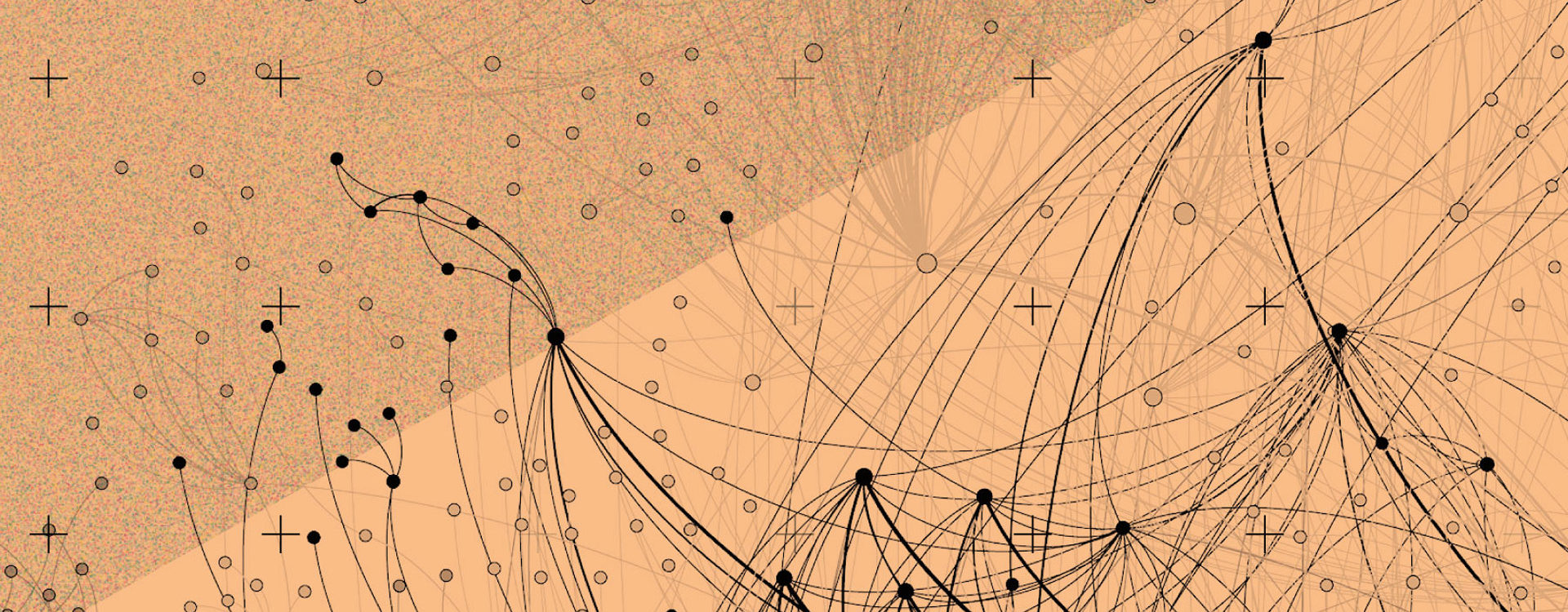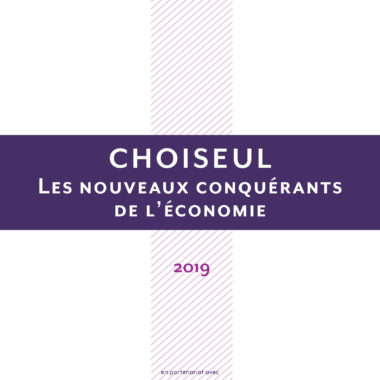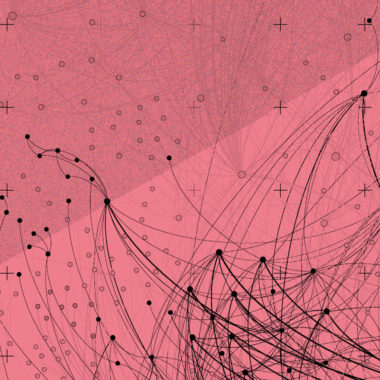Antidox’s non-profit think-tank Idpi is undertaking a long-term study into new forms of hate speech, through the collection and analysis of online exchanges and comments in social media. The monitoring process plans to test new methodologies for studying online public opinion (machine learning, data analysis) and will increase understanding of how stereotypes emerge and are consolidated.
Racism, homophobia, negrophobia, sexism, anti-Semitism, ‘reverse racism’, Islamophobia –community managers and moderators know that all these more or less hateful types of stereotyping exist in online communities and on social networking sites, and that they feed each other and skew the exchanges. In May 2014, #MerciHitlerPour3945 (‘Thanks for 3945, Hitler’) shot into the list of trending topics’, meaning that it was one of France’s most re-tweeted expressions that day. A year earlier, #UnBonJuif and #UnJuifMort (‘A Good Jew’ and ‘A Dead Jew’, respectively) had already caused criticism of Twitter, leading the social network to suggest collaborating with several anti- racist associations and immediately place a button underneath each message so that all users could report any misconduct.
But how can you tell the difference between those who use the hashtag in all seriousness, those who hijack it for a laugh, and those who cite it as a source for indignation? The challenge for Idpi is to not get sucked into any lazy judgements that simply scapegoat social networks and online fora.
Although this study draws inspiration from research being undertaken in the English-speaking world, it is still novel in that up until now – as shown in Idpi’s international benchmark – the monitoring and analysis of hate speech has been mainly quantitative, or focused on certain users. Now for the first time, a quantitative and qualitative barometer will shed light on the phenomenon in a holistic and comprehensive way.








